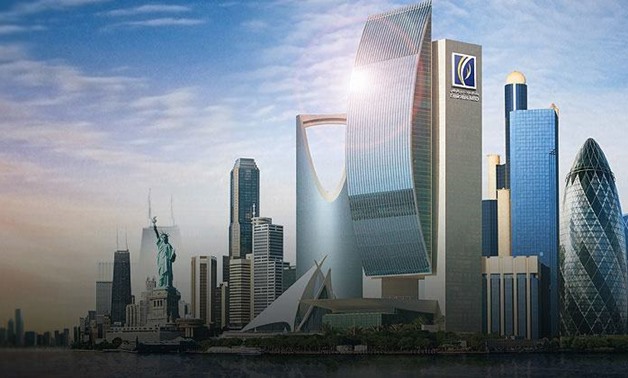
Emirates NBD - OFFICIAL WEBSITE
DUBAI – 5 December 2017: Saudi Arabia’s non-oil private sector grew at its fastest pace in two years in November, a survey showed on Tuesday, indicating that a sweeping crackdown on corruption has not damaged the economy nearly as much as feared.
Dozens of princes, senior officials and top businessmen were detained and over 2,000 Saudi bank accounts frozen as the government launched the purge early last month, saying it aimed to recover some $100 billion of illicit funds.
Foreign institutions and many Saudi individual investors sold stocks heavily, worried that the crackdown could slow payments through the banking system, hurt companies linked to detained suspects, and prompt capital flight from the kingdom.
The survey data suggests, however, that the fears were largely misplaced, and that the vast bulk of the economy has continued to operate normally during the purge. The government said it was targeting only individuals, not their companies.
The seasonally adjusted Emirates NBD Saudi Arabia Purchasing Managers’ Index rose to 57.5 last month, its highest level since August 2015, from 55.6 in October. A level above 50 means business is expanding.
“The strong November PMI reading is particularly encouraging given the heightened political uncertainty in the Kingdom, and indicates that it was largely ‘business as usual’ last month,” said Khatija Haque, head of regional research at Emirates NBD.
”That output and new orders continued to increase sharply bodes well for non-oil sector growth in the fourth quarter. Higher oil prices likely contributed to the broadly positive
business sentiment. Output growth accelerated to 64.3 in November from 61.4 in October, while growth in new orders rose to 63.7. Employment growth fell to 50.7 from 51.3, however, as output prices were stable and input price inflation eased slightly.
The government took steps in November to reassure the business community. Regional asset managers say state-linked funds bought shares to prevent a panicky collapse of the stock market.
Also, the finance ministry disbursed 6 billion riyals ($1.6 billion) of payments it owed to construction giant Saudi Binladin Group shortly before the crackdown, allowing Binladin to pay salaries and smaller contractors, according to a source familiar with the matter. This eased bankers’ jitters when the firm’s chairman Bakr bin Laden was detained in the purge.
Meanwhile, authorities appear to have deterred significant capital flight through close scrutiny of bank transfers. After an initial dip, the Saudi riyal has stayed steady in the spot and forward foreign exchange markets.
Commercial bankers say the most intense period of the crackdown now seems to have passed, with no major new arrests in recent days and the number of frozen bank accounts shrinking.

Comments
Leave a Comment